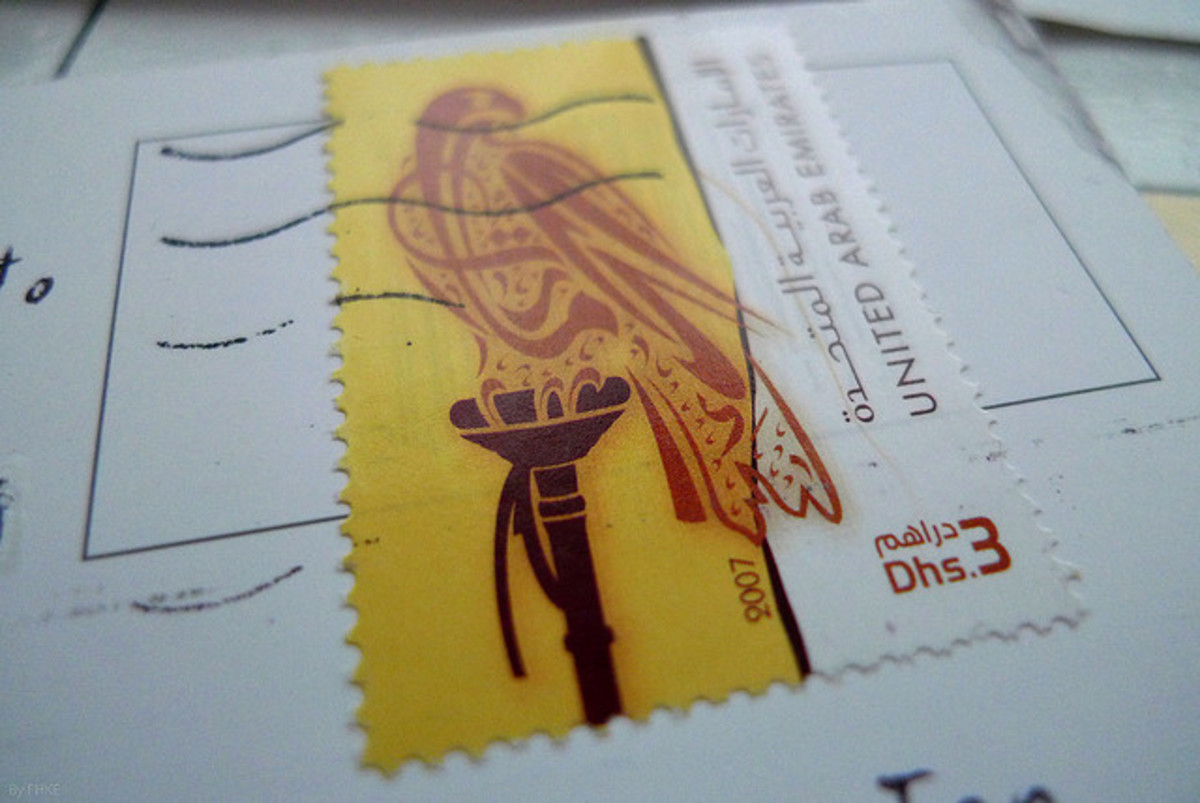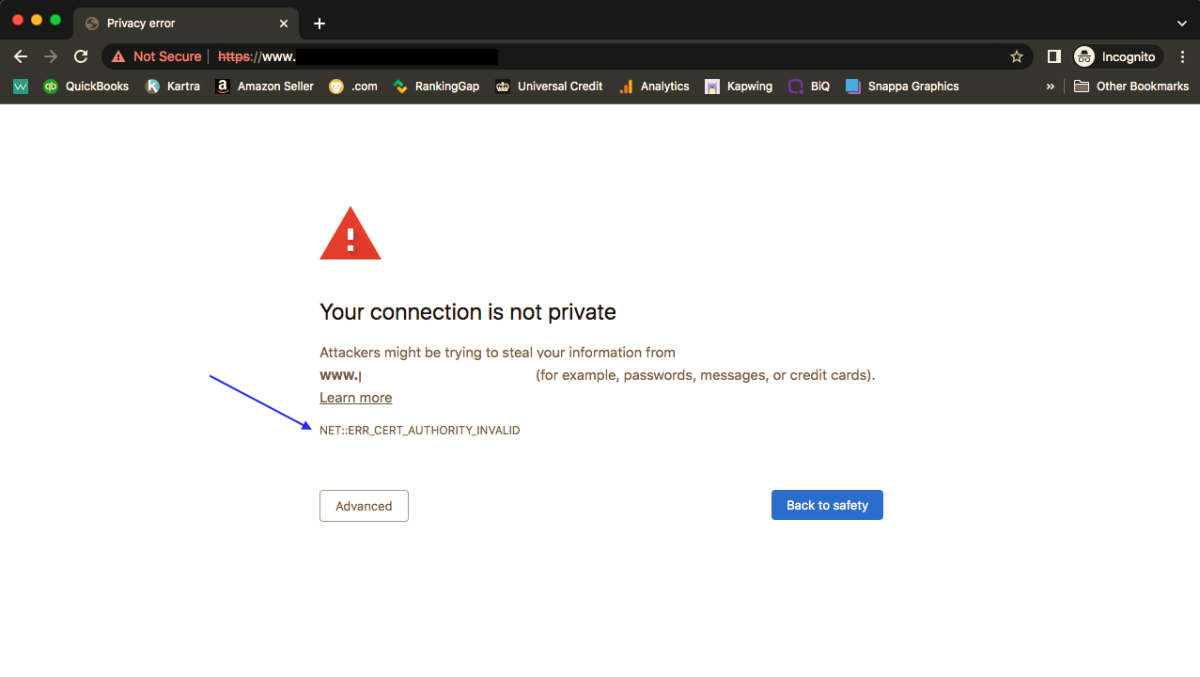SSL and SSL Certificates
To securely process online transactions, information must be transmitted between the web site and the customer in a manner that others cannot intercept and read. SSL, or Secure Sockets Layer, solves this problem, working with several programs and encryption/decryption routines used by the Internet public that exist on the web hosting computer and in browser programs (like Netscape and Internet Explorer).
For the merchant, the main concern should be how to obtain a secure, valid certificate and what URL he should use when creating secure links. SSL certificates can be purchased from a variety of certificate vendors. It requires a CSR (Certificate Signing Request) to be generated on the merchant's web server and typically involves contacting the hosting company and asking them to generate the CSR for you. Once you receive the CSR (an encrypted block of undecipherable text), you may order your certificate from the SSL certificate provider. At that point, most merchants need the hosting company to install the certificate for you.
You hosting account must allow an SSL certificate, with the primary factor being a unique IP address. Contact your web hosts directly as this is not documented on your website. You will need to ascertain that your account can handle its own certificate and what additional costs are involved.
The merchant/designer must ensure that the desired secure pages begin with "https://" in their links after the new certificate is installed on the web server by the web host. To avoid browser messages indicating some items are not secure, all page components should either use a relative path (without https or http) or "https://". . Using a relative path to address additional page items like images will default to the same protocol used when the page was displayed.
Depending on your web hosting company, you may be able to access a 'shared' SSL certificate you can use under the web host's domain name, eliminating the need to obtain your own. For example, if OurOnlineStore.com was the web hosting company and abc.com had an account there, abc.com could use the shared certificate with a URL, which would look something like "https://xyz.ouronlinestore.com". If you would rather have secure processing under your own name, then you'll need to get your own SSL certificate.
Where should I get my SSL certificate?
There are 6 major and many minor SSL certificate providers. It's likely that you'll purchase yours from one of these six major providers, or a minor provider who is a reseller. All 6 have 128 bit key encryption.
The six major SSL certificate providers are:
- Verisign
- Thawte
- InstantSSL
- Entrust
- Baltimore
- Geotrust
Verisign is the oldest and largest provider of SSL certificates. Recognized by all browsers without a pop up 'warning' message, Verisign has the most stringent background checking and requirements, essential in gaining the confidence of the buying public. Because of these strict approval guidelines, Verisign is able to offer excellent included transaction insurance.
Verisign is not without its detractors, however. Some feel Verisign has gone off course, straying from its purpose of encryption verification and choosing to concentrate more strongly on providing businesses with 'preferred status'. Although Verisign still leads the pack, this issue along with Verisign's less competitive pricing, has contributed to a drop in market share.
Thawte began selling secure certificates in 1996. Originally Verisign's first big competitor, they were purchased by Verisign in 1999 and their more relaxed acceptance and lower pricing was retained by Verisign in an effort to solidify future market share from less strict competition. While Thawte's certificates are recognized by all browsers, they do not offer insurance.
More competitive than Thawte is Entrust, which since 1994 has worked with highly recognized public key encryption programs. Entrust offers a higher level of included transaction warranty and their certificates are recognized by all browsers (with the exception of older IE and Netscape versions).
Many major credit care companies put their trust in Baltimore, a company which has worked in the secure transaction industry for several years. With pricing that falls somewhere between that of Thawte and Entrust, and with included transaction warranty, Baltimore is a good choice. Baltimore's certificates are accepted by all browsers with the exception of older versions of IE and Netscape.
GeoTrust is another good option, more competitively priced than those listed so far, but Opera browsers do not recognize its certificate authority. GeoTrust charges extra to display their site seal, and they have a low transaction warranty. Also, GeoTrust's certificates validate domain ownership but offer no company verification.
InstantSSL by Comodo Corporation, is the most competitively priced of all the options listed here. With certificate authority recognized by all but older version of IE and Netscape, InstantSSL certificates can be purchased quickly and offer good warranty levels. They are quick with processing, offer competitive pricing and provide good support online.
- Returns and Chargebacks Exposed!
Ways to minimize returns and chargebacks when selling over the Internet - The Truth About Online Payments
The ins and outs of accepting payments over the Internet.








